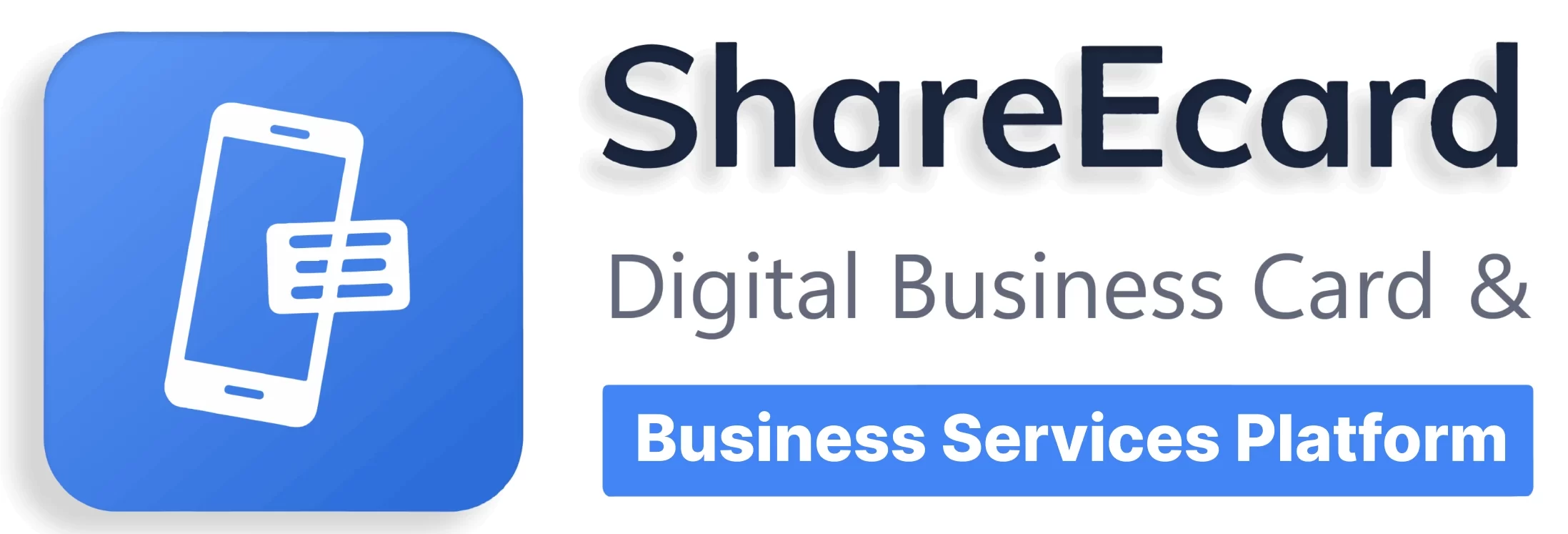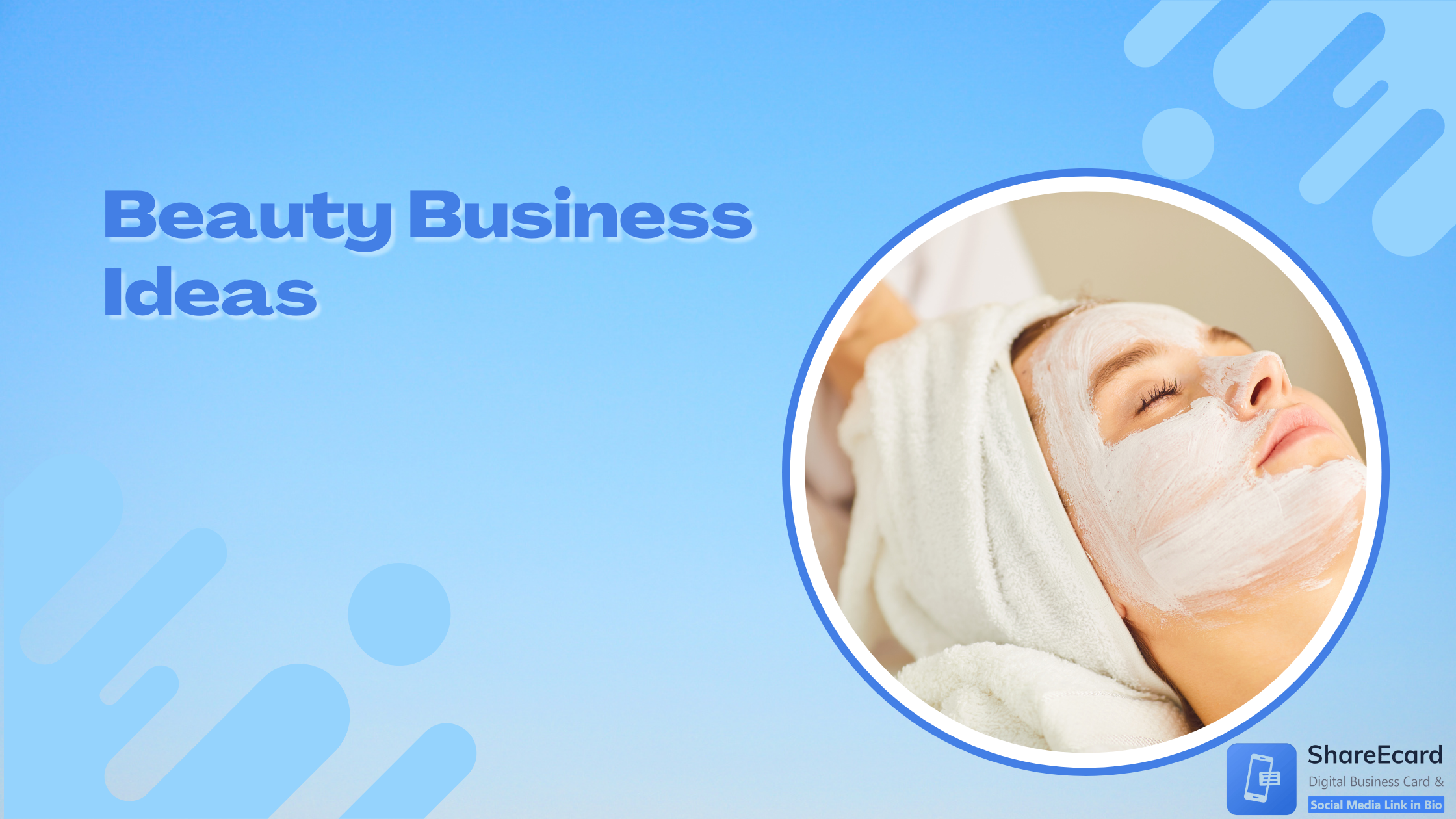The beauty industry continuously evolves, fueled by trends, technology, and an ever-growing interest in personal care and wellness. According to a recent study by Mckinsey, the beauty market is expected to reach approximately $580 billion by 2027. Starting a business in this sector can be a lucrative opportunity for those passionate about beauty and wellness. Here are ten beauty business ideas that offer growth, flexibility, and financial success. Read on!
1. Mobile Beauty Services
Mobile beauty services redefine convenience by delivering salon-quality treatments directly to clients’ homes. This model caters to a broad audience, from busy professionals to those preferring a more personalized touch in a comfortable setting.
Benefits:
- Adaptable Hours: Craft a flexible schedule that caters to your lifestyle and meets clients’ needs, offering appointments outside traditional salon hours.
- Reduced Overhead: Eliminate the costs associated with maintaining a brick-and-mortar location, focusing your investment on quality tools and transport.
- Customized Experiences: Develop strong client relationships through one-on-one service, tailoring each session to individual preferences and creating an intimate service environment.
Implementation Steps:
- Certification and Training: Ensure you have the necessary qualifications and keep up with the latest beauty trends and techniques.
- Invest in Mobility: Secure a reliable mode of transportation and portable equipment to offer a range of services on the go.
- Marketing Strategy: Build a strong online presence through a professional website and social media channels. Utilize targeted advertising to reach potential clients in your service area.
2. Cosmetics Line
Creating your cosmetics line allows you to express your vision and passion for beauty through unique products. This venture offers the potential to stand out in a crowded market with signature formulas that cater to specific beauty needs and preferences.
Benefits:
- Brand Identity: Establish a strong brand identity that resonates with your target audience, emphasizing your line’s unique selling points and values.
- Creative Expression: Have complete creative control over product development, from inception to shelf, including formulation, packaging design, and marketing.
- Global Reach: With the rise of e-commerce, expand your market reach beyond local boundaries, connecting with customers worldwide interested in your brand.
- Innovation Opportunity: Respond to beauty trends and customer feedback quickly, adapting your product range to meet evolving consumer demands and preferences.
Implementation Steps:
- Research and Development: Invest time in researching and developing distinctive and high-quality products that fulfill a niche or meet specific customer needs.
- Regulatory Compliance: Navigate the beauty industry’s regulatory landscape to ensure your products meet all safety and quality standards.
- Online and Offline Sales: Develop a multi-channel sales strategy that includes an e-commerce platform, social media sales, and potential retail partnerships.
3. Beauty Blogging or Vlogging
Beauty blogging and vlogging offer platforms to share insights, reviews, and tutorials with a global audience. This digital venture is perfect for those passionate about beauty and eager to share their knowledge and experiences.
Benefits:
- Creative Platform: Utilize your blog or YouTube channel as a creative outlet to explore various beauty topics, from makeup tutorials to skincare routines.
- Monetization Potential: Diversify your revenue through advertising, sponsorships, affiliate marketing, and collaborations with beauty brands.
- Influential Voice: Establish yourself as a trusted authority in the beauty community, influencing trends and helping followers make informed beauty choices.
Implementation Steps:
- Content Planning: Develop a content strategy that aligns with your interests and audience preferences, ensuring a mix of informative, engaging, and visually appealing posts or videos.
- Quality Production: Invest in quality equipment and editing software to produce professional-grade content that stands out.
- SEO and Social Media: Optimize your content for search engines and actively use social media to increase your visibility and reach a wider audience.
4. Beauty Salon or Spa
Opening a beauty salon or spa offers a sanctuary for clients seeking professional beauty and wellness treatments. This traditional business model remains a cornerstone of the beauty industry, providing services ranging from hair styling to therapeutic massages.
Benefits:
- Loyal Customer Base: Cultivate a loyal clientele that relies on your establishment for regular maintenance and luxury treatments, ensuring steady business.
- Service Diversification: Offer a comprehensive range of services and packages, catering to various customer needs and increasing revenue opportunities.
- Community Presence: Establish your salon or spa as a community staple, participating in local events and collaborations to enhance your visibility and reputation.
Implementation Steps:
- Strategic Location: Choose a location that offers visibility, accessibility, and convenience to your target clientele, considering factors like parking and neighborhood demographics.
- Staff Expertise: Hire qualified and experienced professionals who share your commitment to quality and customer service, offering ongoing training to keep up with industry standards.
- Marketing and Promotion: Develop a marketing plan that includes promotional offers, loyalty programs, and online booking options to attract and retain customers.
5. Beauty Subscription Box Service
Beauty subscription boxes provide a curated experience, delivering a selection of beauty products directly to subscribers’ doorsteps. This business model capitalizes on the excitement of discovery and the convenience of home delivery.
Benefits:
- Predictable Revenue: Enjoy predictable monthly revenue from subscription fees, facilitating easier financial planning and business growth.
- Brand Collaborations: Collaborate with beauty brands to feature their products, often at a reduced cost, introducing your subscribers to a wide range of items and potentially receiving exclusive deals.
- Customer Loyalty: Develop a loyal subscriber base that looks forward to receiving their personalized box each month, fostering a sense of community and brand loyalty.
Implementation Steps:
- Market Research: Conduct thorough market research to understand your target audience’s preferences and the competitive landscape.
- Curation and Sourcing: Build relationships with beauty brands and distributors to source products at favorable terms, focusing on variety, quality, and value.
- Branding and Packaging: Design distinctive, eco-friendly packaging that reflects your brand’s aesthetic and values, creating an unboxing experience that subscribers will want to share.
- Customer Engagement: Implement a feedback loop to gather subscribers’ opinions on box contents, using this data to refine future boxes and enhance customer satisfaction.
6. Nail Art Studio
A nail art studio offers creative and intricate nail designs, catering to clients seeking personalized and fashionable nail services. This niche within the beauty industry emphasizes artistry and individual expression through nail care.
Benefits:
- High demand for customized nail art driven by fashion trends.
- Opportunity to showcase creativity and expertise in nail design.
- Ability to build a loyal client base passionate about unique nail aesthetics.
- Financial ROI: Higher pricing for detailed artistry leads to increased profit margins.
Implementation Steps:
- Training: Enhance your nail art skills through courses and practice.
- Supplies: Invest in high-quality nail polishes, tools, and art supplies.
- Portfolio: Create a portfolio of your designs to attract clients.
- Marketing: Promote your studio on social media platforms specializing in visual content, like Instagram.
7. Skincare Consultant
As a skincare consultant, you provide personalized advice and solutions for clients’ skin concerns, leveraging your knowledge to recommend products and routines that promote healthy skin.
Benefits:
- Growing interest in skin health offers a broad client base.
- Satisfaction in helping clients achieve their skincare goals.
- Potential for partnerships with skincare brands.
- Financial ROI: Consulting services and product sales generate substantial income.
Implementation Steps:
- Certification: Obtain certification in esthetics or dermatology.
- Brand Relationships: Build relationships with reputable skincare brands.
- Online Presence: Establish a professional website and social media profiles.
- Workshops: Conduct workshops or webinars to educate and attract clients.
8. Makeup Artist
Makeup artists enhance individual beauty through makeup application services for various occasions, including weddings, photoshoots, and special events. This career celebrates creativity and transformation.
Benefits:
- High demand for professional makeup services for events and entertainment.
- Creative satisfaction from transforming clients’ appearances.
- Networking opportunities with clients and professionals in related fields.
- Financial ROI: Premium rates for event-based services boost earnings significantly.
Implementation Steps:
- Training: Complete a professional makeup artistry program.
- Portfolio: Build a diverse portfolio showcasing your work.
- Networking: Connect with event planners, photographers, and venues.
- Social Media: Utilize platforms like Instagram to display your artistry and attract clients.
9. Hair Care Products Line
Starting a line of hair care products allows entrepreneurs to address specific hair needs and preferences, from organic shampoos to styling products. This venture taps into the growing demand for personalized hair care solutions.
Benefits:
- The personalized hair care trend offers a niche market opportunity.
- Control over product ingredients, catering to health-conscious consumers.
- Brand building through unique product offerings.
- Financial ROI: Direct-to-consumer sales model maximizes profit margins.
Implementation Steps:
- Formulation: Develop unique formulas targeting specific hair concerns.
- Testing: Ensure products meet safety and efficacy standards.
- Branding: Create compelling branding and packaging.
- E-Commerce: Launch an online store to reach a wider audience.
10. Beauty Event Planning
Beauty event planners specialize in organizing events such as product launches, beauty workshops, and fashion shows. This role combines organizational skills with a passion for the beauty industry.
Benefits:
- Constant demand for promotional and educational beauty events.
- Opportunity to work with leading brands and influencers in the beauty industry.
- Creative fulfillment in designing memorable events.
- Financial ROI: High earning potential from corporate clients and brand partnerships.
Implementation Steps:
- Networking: Build connections with beauty brands, venues, and suppliers.
- Portfolio: Develop a portfolio showcasing past events.
- Marketing: Use social media and industry contacts to promote your services.
- Specialization: Focus on niche markets within the beauty industry for targeted opportunities.
Final Thoughts
In conclusion, these ten ideas reflect the diverse opportunities within the beauty industry, each offering unique benefits and the potential for significant financial return on investment. Entrepreneurs can leverage their passions and skills to carve out successful niches in this ever-evolving market. We hope this guide was helpful to you. Happy business making!




